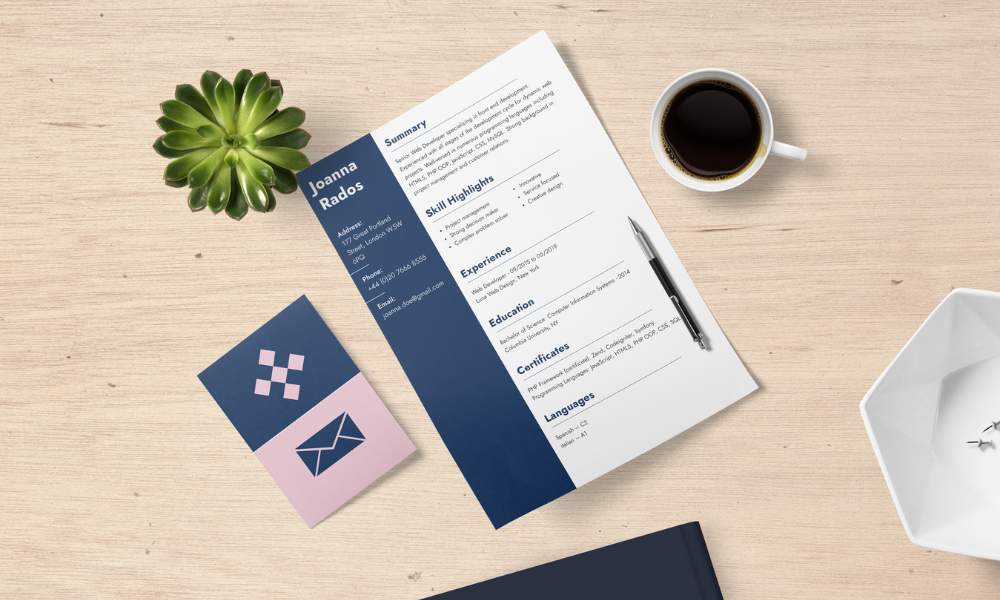When considering what things to include on your resume, you want to make sure you’ve got all the necessary parts that highlight why you’re perfect for the job. But what does that include?
As a job seeker, your resume is your ticket to landing an interview. If it’s polished, professional and filled with the right skills and experience, you’ll probably be invited for an interview. Of course, if it fails to present you in a positive manner and sell you as a strong contender it will quickly land in the reject pile — even if you’re truly the best person for the job.
Essentially, your resume has the power to make or break your chance of meeting the hiring manager in person. If you’ve been gainfully employed for quite awhile or are new to the workforce, you may not know what hiring managers are looking for in a winning resume, so use these tips to make yours shine.
5 Things to Include on Your Resume to Find Your Next Job
Relevant keywords
The most intriguing jobs are typically the most competitive, so employers receive a high volume of resumes. Some companies use keyword scanning software to sort through the resumes and find the best-fit candidates. If your resume doesn’t include these keywords, you might be passed up — even if you surpass the minimum requirements. Avoid this by carefully reading the job description, searching for words and phrases used multiple times. The identified terms are one of the most important things to include on your resume.
Quantified accomplishments
Hiring managers want to know your greatest accomplishments relative to the job, but they resonate much stronger when metrics are involved. For example, if you’re applying for a hotel housekeeper position, mention the number of rooms the establishment you’re currently employed by has and highlight the process you created that reduced room cleaning time by 20%.
Work history
Hiring managers want to learn about your employment history, so this is one of the things to include on your resume. You need to share your past 10 to 15 years of job experience. Don’t go into depth about jobs that aren’t relevant to the one you’re applying to. Simply list a couple transferable skills that would be beneficial to the position in question. For all previous jobs that are applicable, include five to seven bullet points under each that best highlight your fit for the job.
Educational background
There’s no need to go into too much detail about your educational past — such as including your GPA — but hiring managers do want to see something. If you don’t have a college degree, list your high school or GED information. However, if you do have a college degree, include that only.
Links to your online presence
If you have a website, blog or social media presence relative to your career, feel free to share links on your resume. Only include these details if the content on the platform is strictly professional, because your potential future boss will be viewing it. Including these links certainly isn’t necessary, but it can help present you as a motivated and experienced candidate who is truly committed to the work.
When you have these five things to include on your resume, hiring managers will take notice. Good luck!
About LGC
Since 2003 LGC has been building connections between businesses with staffing needs and job seekers looking for new opportunities. Our range of solutions include temporary and permanent placements (and everything in between) in a variety of industries. With offices located nationwide, we can tap into a dynamic pool of talented professionals. We have a passion for creating partnerships that last and work hard every day to ensure both clients and candidates reach their employment goals.

